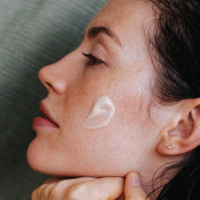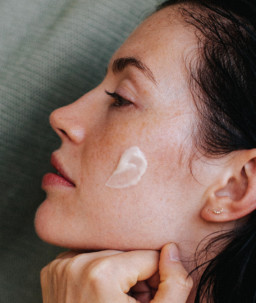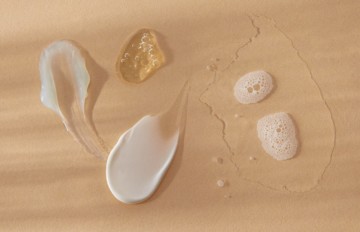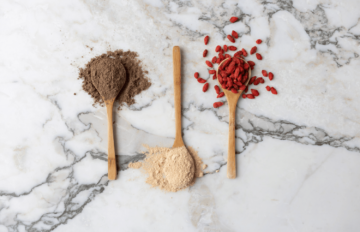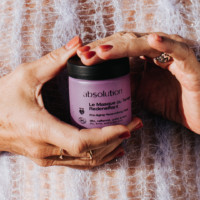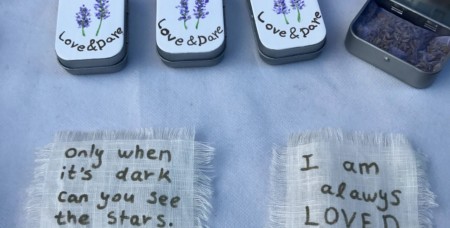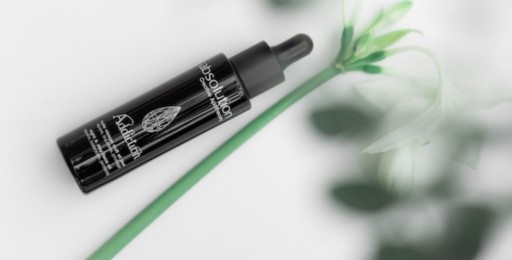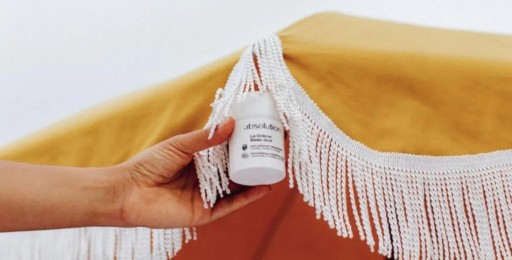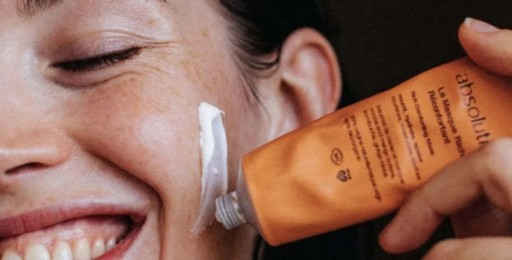
How to fight dark spots and blemishes in darker skin tones
Dark spots and blemishes can affect all skin tones, but they’re often more obvious and may also last longer if you have medium or dark skin. We give you the lowdown on what causes hyperpigmentation in dark skin, along with the solutions to tackle this problem.
Why do dark spots and blemishes last longer in medium and dark skin?

Let’s start with the science! Melanin is a pigment that is naturally present in most people’s skin, and people with medium and dark skin tones simply have more melanin than those with lighter skin tones. However, in some cases, excess amounts of melanin can form in the skin. This leads to what’s known as hyperpigmentation, where a particular area of skin appears darker than the skin around it. The skin is made up of different tissue layers. The outermost of these layers is the epidermis, and the dermis lies just below it. Hyperpigmentation can affect the epidermis, the dermis, or both.
Generally speaking, hyperpigmentation that affects the epidermis is easier to treat, even if it can sometimes take months for the dark spots or blemishes to fade. Dermal hyperpigmentation, on the other hand, is more difficult to treat, and may even become permanent. Hyperpigmentation is common in people with dark skin, and is in fact one of the five most frequently diagnosed skin conditions in this group. It’s often caused by acne (and particularly the scars left by spots on the face). And while hyperpigmentation may be completely harmless, it can impact your self confidence and your quality of life. This is why it’s important to find a skincare routine that will fade dark spots and blemishes, so your complexion looks more even again.
How can you prevent dark spots and blemishes from appearing if you have dark skin?

If you have medium or dark skin and want to prevent dark spots and blemishes, you can start by taking a few measures and adopting some good habits.
- Don’t forget to protect your skin from the sun. While dark skin is more resistant to the sun, that doesn’t make the sun any less dangerous! UV rays can damage the skin, regardless of your skin tone. When you’re out in the sunshine, make sure you apply a sunscreen with a high SPF (at least 30), stay in the shade during the hottest hours of the day, and if possible wear a wide-brimmed hat and sunglasses.
- Avoid sources of irritation. Make sure you use cosmetic products that have been specially developed to ensure they won’t trigger irritation or inflammation of the skin. Absolution products are made with over 99% naturally derived ingredients, and on average 50% certified-organic ingredients, so they’re particularly recommended if you want to find products that will care for your skin gently.
- Treat inflammatory skin conditions such as acne and eczema as quickly as possible, to help prevent dark spots from forming.
- If you suffer from psoriasis or lupus, make sure you follow your treatment plan, as these conditions can lead to areas of hyperpigmentation if they are not treated correctly.
- Stay away from depigmenting whitening and lightening creams, which can contain harmful skin-bleaching ingredients with serious – and sometimes irreversible – side effects. Instead, look for natural active ingredients that will gradually remove hyperpigmented skin cells.
A beauty routine for medium and dark skin, to combat dark spots and blemishes

In addition to finding a face cream that will tackle dark spots and blemishes, and effectively fight hyperpigmentation, it’s important that you implement the right skincare routine to even out your skin tone. Isabelle Carron, founder of Absolution, has put together a routine of products ideal for those with medium or dark skin.
- Le Nettoyant Pureté, to remove makeup, cleanse, and purify. This cleansing gel contains Salicylic Acid, derived from White Willow, with keratolytic properties (helps to remove dead cells).
- La Crème Gommante, a natural face scrub that contains Diatomaceous Earth microgranules, Amaranth, and AHAs (fruit acids extracted from Blueberry, Lemon, Orange, Cane Sugar and Maple Sugar). They stimulate the skin and help its elimination and repair mechanisms to function correctly. Ideally, La Crème Gommante should be used once every two weeks if you have normal, combination or oily skin, and once every three or four weeks if you have sensitive, reactive or mature skin. It works to restore radiance and firmness, and combat blemishes.
- La Crème de Santé, suitable for all skin types, contains an exclusive prebiotic called BioEcolia®, as well as Hyssop and Honey. It hydrates the skin and works to regulate its balance by delivering ingredients it needs in order to function properly. Simply apply morning and evening to clean skin.
